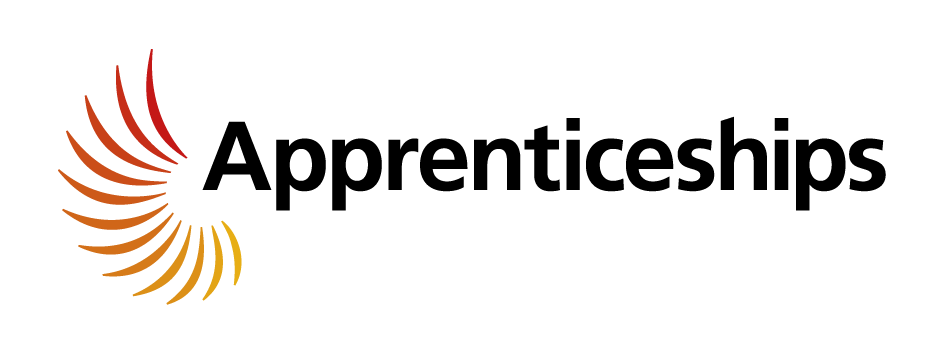Growing Your Business: Funding for New Employees
Deciding to hire a new employee is a big decision for any business owner. Your business may currently be at full capacity and an extra set of hands can ease the workload and improve productivity. Whilst on the other hand, employing someone part or full time is an extra monthly expense alongside the efforts and expenses of finding the right person to join your team.
Government Funding for Apprenticeships
Hiring apprentices could be one option for your business. Usually school or college leavers; apprentices will have on the job training. Therefore, you’ll be able to design their training to meet your business needs and standards.
The Government offers a few funded support options but this will depend on whether you pay the apprenticeship levy or not.

If you do not pay the apprenticeship levy, you pay 5% towards the cost of training and assessing your apprentice and the Government will pay the remaining 95% up to the funding band maximum.
If you do need to pay the apprenticeship levy, you’ll receive funds to spend on training and assessing your apprentice and the government will add an additional 10%.
Additionally, businesses can get £1,000 to support the apprentice in the workplace if they meet one of the following criteria:
- They are 16 to 18 years old
- 19 to 25 years old with an education, health and care plan
- 19 to 25 years old and they used to be in care
Extra Funding for New Employees
Grants and loans are offered to business owners each year for hiring and training staff. Some of these are only available for new businesses specifically or your business may need to meet certain criteria. The Government have 100s of Government funding schemes available for UK businesses.
If your business isn’t eligible for a Government grant or loan, another option could be a Business Loan for any new employee hires. A business loan for recruitment and hiring can pay an employee’s salary until your business meets productivity demands or until the new starter is acquainted with their job.
Training Courses For Existing Employees
In your business, you may already have the right people for the role but they may be lacking in skills or experience for the role. Sometimes, recruiting for management or senior roles can be more challenging. Therefore, another option could be to provide your existing employees with the training that is required. Giving staff training opportunities can also increase their loyalty to your company and their productivity – as well as your profits.
There’s a vast range of training courses available. Through the National Career Service, you can find a training course specific to your business area and industry, many of them being self-learning and free.
However, some industries may require your employees to go through a paid training course and that may need a qualification at the end. For example, a mortgage advisor would completes a CeMAP, will be able to advise clients on mortgages. These courses may be expensive for your business, especially if you’re looking to enrol multiple employees. However, a business loan can be an option to cover the cost and provide your business with an injection of working capital.
Funding for a recruitment agency
As a hiring agency, you probably pay contractors and temporary employees while you wait for their invoices to be settled. In the meantime, your attention will be on the routine duties for your company, like timekeeping, payroll management, and raising and following up on invoices.
The purpose of Recruitment Invoice Finance is to help recruitment agencies invoice and support their cash flow. The finance facility can expand with the business.
When an application is accepted, recruitment invoice finance releases up to 90% of the invoice’s value, enabling your company to receive funds in as little as 24 hours. This helps businesses grow.
Because there are no monthly repayment requirements, invoice finance repayments operate a little differently than those of traditional financing facilities. In order to provide you with working capital while you wait for your customer to pay for your invoice, invoice finance lenders will lend you a portion of your invoice. You will then pay the lender the advance amount plus any associated interest and fees when the customer pays their invoice.
How can we help you with your Recruitment Funding Requirements?
As a broker, we can arrange a full suite of finance solutions depending on your requirements. Get in touch with our team today on 01270 443510 or complete our enquiry form.
